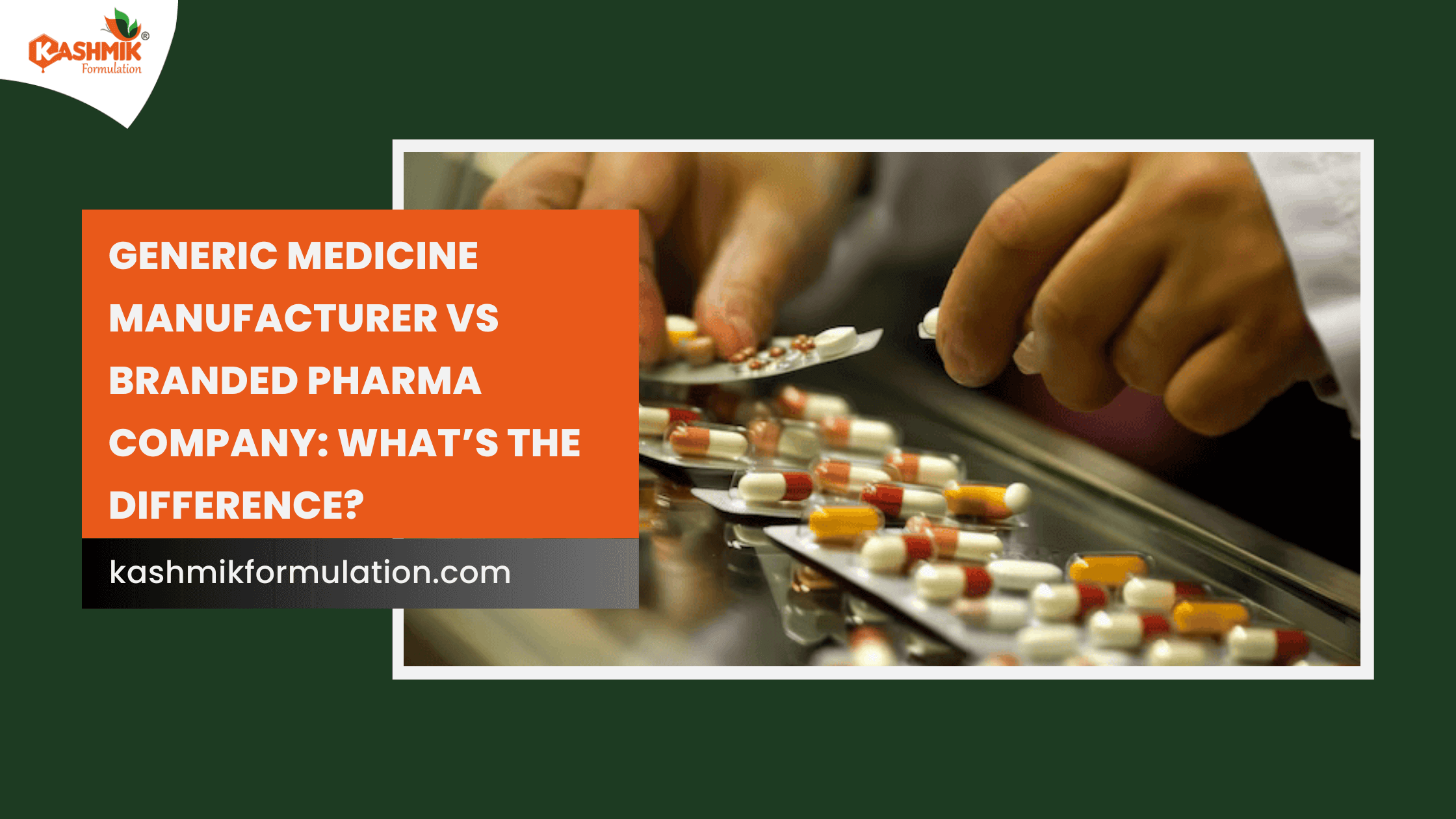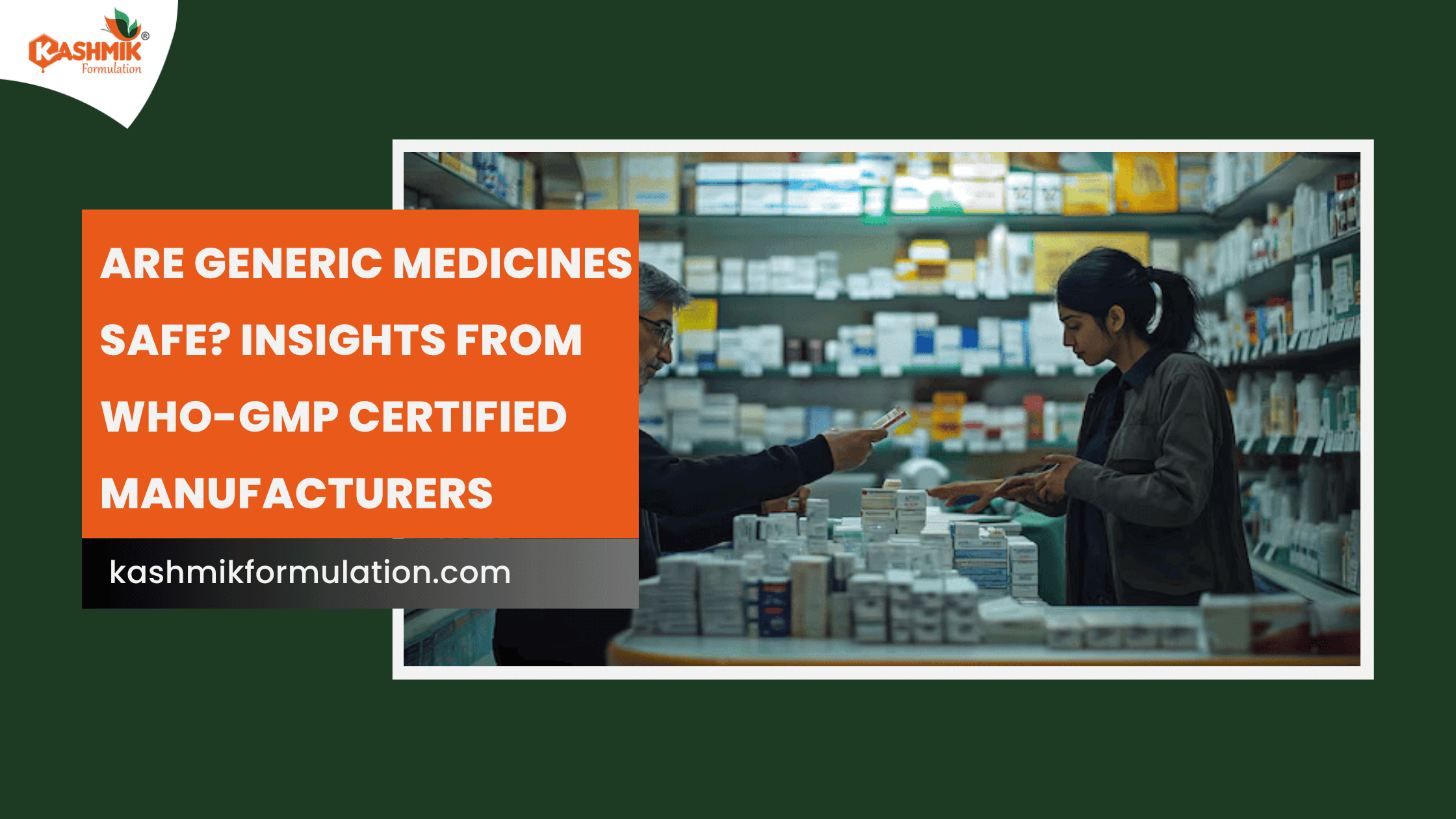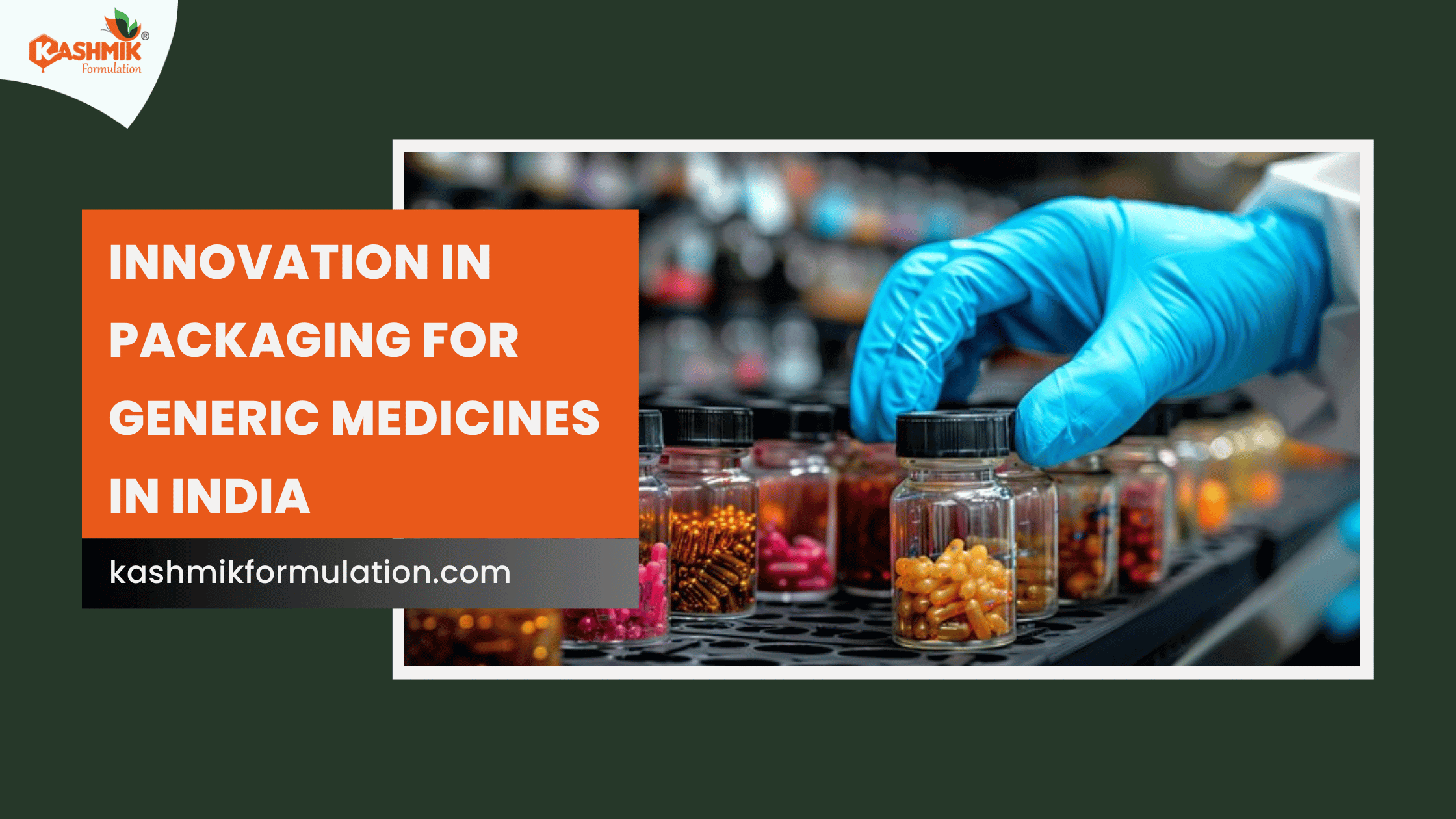In the Indian pharmaceutical market, consumers are often presented with two options when buying medicines: generic or branded. Both serve the same medical purpose, but their background, pricing, and production process can be quite different. To understand what separates a generic medicine manufacturer from a branded pharma company, we need to dig a little deeper.
What Are Branded and Generic Medicines?
Branded medicines are developed by companies that invest in original research, clinical trials, and marketing. These companies register a patent, giving them exclusive rights to produce and sell the drug for a limited period. During this time, no other company can manufacture the same medicine using the same active ingredients.
Generic medicines are introduced after the patent on the original branded drug expires. A generic medicine manufacturer produces the same chemical composition, ensuring it has the same safety, strength, quality, and effectiveness. The main difference is that generic versions are sold under different brand names and at a lower price.
Price Comparison and Affordability
The most obvious difference between the two is the price. Branded medicines tend to be more expensive because the cost of research, development, clinical testing, and marketing is built into the final price.
Generic medicines, on the other hand, do not carry these added expenses. This is why they are often priced 50 to 80 percent lower than their branded counterparts. For Indian consumers, especially in low-income or rural areas, generic medicines offer a cost-effective alternative without compromising on quality.
Manufacturing Process and Quality Standards
Both branded and generic medicines must follow the same strict manufacturing and regulatory standards set by the Central Drugs Standard Control Organisation (CDSCO) in India. Generic medicines must prove bioequivalence, which means they work the same way and provide the same benefit as the branded version.
In India, many reputed pharmaceutical companies in Gujarat like Kashmik Formulation have world-class manufacturing units that are WHO-GMP and FDA certified. These facilities are capable of producing high-quality generic medicines that meet international standards.
Innovation vs Replication
Branded pharmaceutical companies are often involved in drug discovery and innovation. They invest heavily in creating new formulations, running long-term trials, and developing breakthrough therapies.
Generic medicine manufacturers do not engage in original research but rather focus on reproducing proven drugs at lower prices. Their strength lies in operational efficiency, bulk production, and cost control while maintaining the same therapeutic value.
Marketing and Consumer Awareness
Branded companies spend significantly on advertising, doctor endorsements, and brand building. This is why many patients are more familiar with brand names than the actual medicine.
Generic medicine manufacturers focus more on B2B partnerships and supply chain efficiency. Their marketing is not as aggressive, and in many cases, their products are recommended directly by doctors, especially in government hospitals and healthcare schemes.
Public Perception and Common Myths
In India, many people still believe that cheaper medicines mean lower quality. This is a myth. The truth is that generic medicines contain the same active ingredients as branded ones and must meet the same quality parameters.
Pharmaceutical companies in Gujarat have played a vital role in changing this perception. Through strict quality control, transparent manufacturing practices, and government collaboration, companies like Kashmik Formulation are helping build trust around generic medicines.
Role of Gujarat in India’s Pharma Growth
Gujarat is one of the largest contributors to India’s pharmaceutical industry. It accounts for a significant portion of the country’s drug manufacturing and exports. With modern infrastructure, skilled manpower, and policy support, pharmaceutical companies in Gujarat are leading the generic medicine revolution.
Companies like Kashmik Formulation are not only supplying affordable medicines to the Indian market but also exporting to several countries around the world. This strengthens India’s reputation as the “pharmacy of the world.”
Conclusion
Branded pharma companies focus on innovation and new drug development, while generic medicine manufacturers focus on affordability and access. Both play important roles in the healthcare ecosystem.
For Indian consumers, especially those managing long-term conditions or on tight budgets, generic medicines offer a reliable and affordable option. With trusted pharmaceutical companies in Gujarat setting high benchmarks for quality, the gap between branded and generic medicines is narrowing every day.
Choosing between branded and generic should be based on medical advice, availability, and personal affordability. What matters most is choosing a trusted source, whether branded or generic, that ensures quality and safety.





